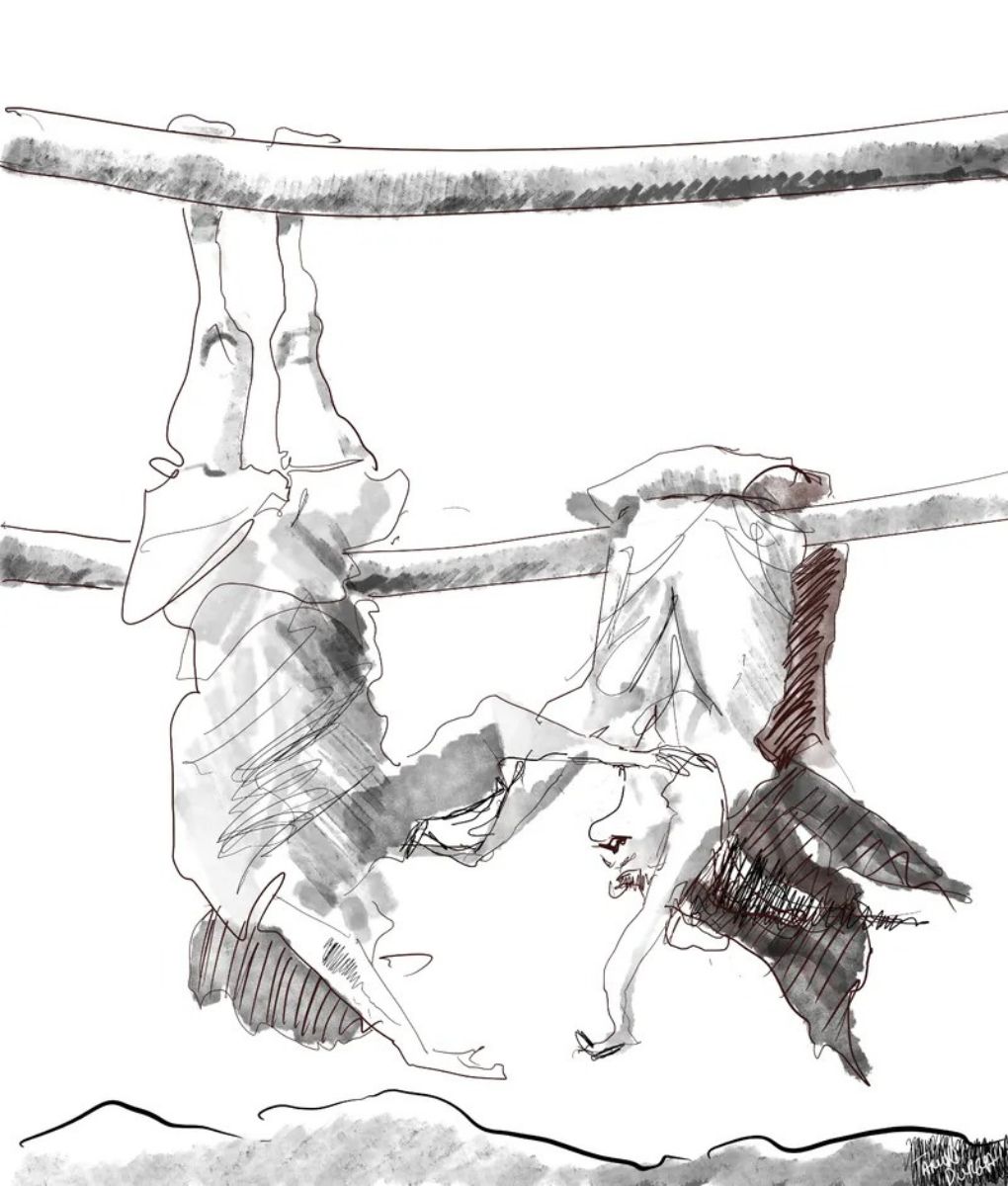I have two little girls. They are very curious and clever. My daughters were discussing Greta Thunberg recently- she’s their new hero. They asked me if I do what Greta does. I can’t compete with Ms. Thunberg, but I don’t want to be the old hero either. After careful thought, I’ve arrived at an explanation I think they’ll appreciate. This also seems like a good way to explain the environmental crisis to kids of all ages. So, gather around and let’s talk about the games we play.
Broadly speaking, three groups of humans shape the world we live in. These are companies, individuals and governments. As humans, we should all be playing the same game, but the three entities are playing very different games.
Companies are playing Jenga. They remove blocks from the bottom and stack them on the top. The companies point to how tall the tower is getting — it makes them proud. They see growth. What they don’t see is how the bottom, the very foundation, is weakening. Resources are finite, and pulling them out of the Earth without giving much thought to the future is making the world increasingly unstable. Every time someone removes a block from the bottom and adds it to the top, it becomes more difficult for the next person to do the same. But they keep at it, till the tower collapses. Then it is game over for all.
Individuals, on the other hand, are playing Monopoly. They are obsessed with accumulating wealth. Buy a town, build a house, build a hotel, build even more houses and hotels, and the more you build, the more rent you collect from others. Individuals forget that when one person consumes something, everyone pays for it — not just humans, but the whole environmental ecosystem. Before you know, the board is bursting with houses and hotels, and the game loses its meaning. Nobody wins in the long run, and it’s lonely because they are all competing with each other.
Governments are playing musical chairs. When the music stops, everyone must very quickly decide which chair to sit on. Short term priorities take precedence over long term planning. Chairs, like Jenga blocks, are finite and as they are removed, slower players get pushed out of the game. Sometimes, they are even pushed off their chairs by bigger players. They are like weaker nations who are victims of all kinds of inequity — social, economic and environmental. The odds are stacked against them.
I believe the world should be playing Lego. Companies, individuals and governments should play the same game, at the same time, deciding together on how to use the finite resources to construct a world that everyone can enjoy equally. The voice of each player should be heard, and all players must have the agency to contribute to the world. As the Lego world grows, we can decide together what needs to go, so its blocks can be recycled to build something new. We must play with kindness, considering each other’s needs, and building things that benefit all. We must also keep the past and future in mind, so we don’t repeat the same mistakes. That can be costly, because if the game ends for us, it ends forever.
This is what I’ll tell my girls — folks like me help the world play Lego. While the blocks are finite, the possibilities of what we can do with them are infinite. We work with companies, individuals and governments to imagine new ways of doing more with less. We try to get everyone to care about the same things, ensuring that people get what they need without hurting the environment, or each other. Lego is fun, we can all play together, and Greta can join us too.
Tarun Durga is a strategic designer with a focus on sustainability. He loves to draw with his daughters.













